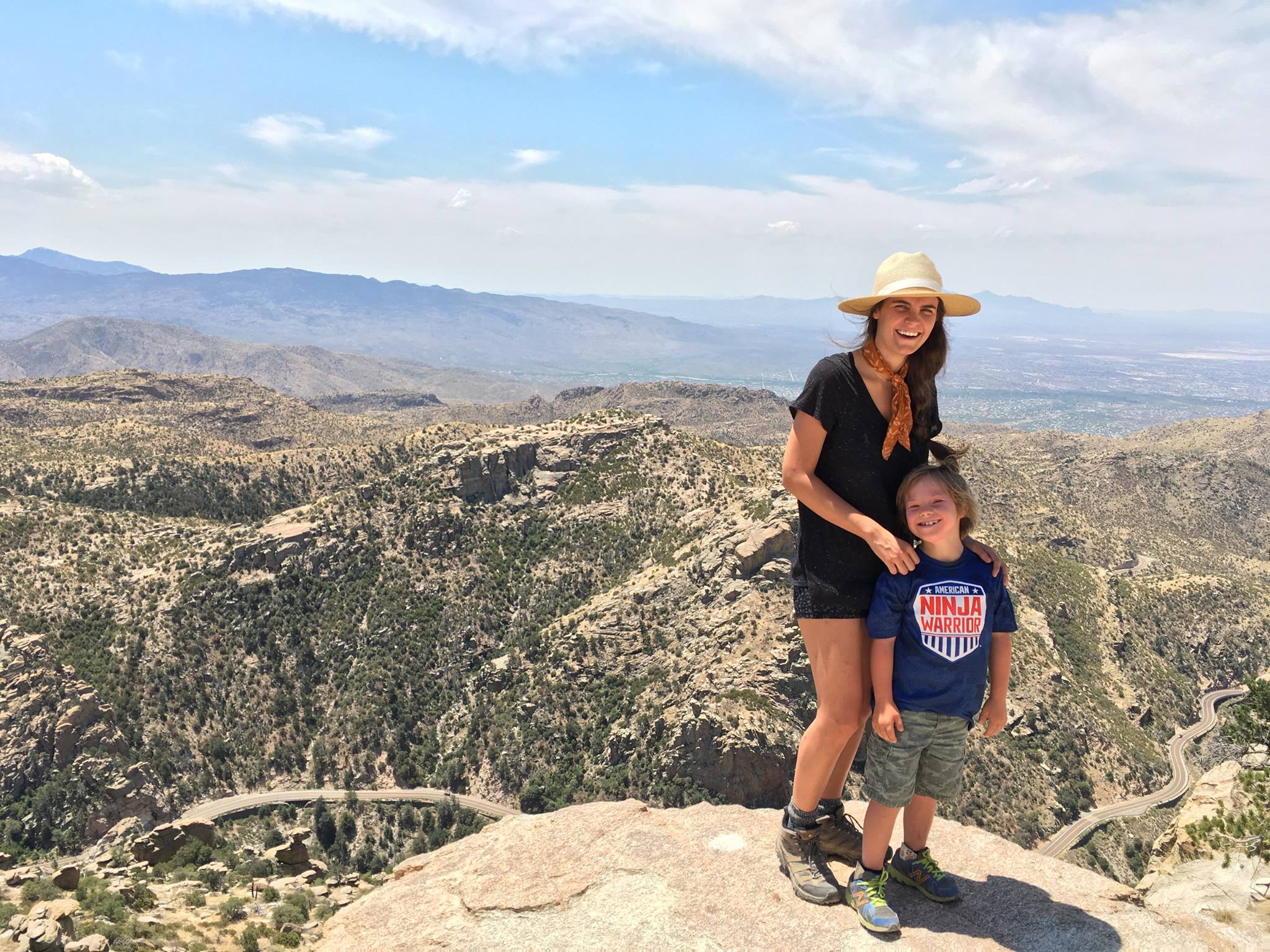What do you think of when you think about OCD, or obsessive-compulsive disorder?
Is it someone who has to obsessively organize their whole book collection by author? Or someone washing their hands, over and over and over for fear of catching an unknown disease?
According to Austin Nugent, a Disability Program Administrator at HDI, even if you’re not completely wrong, you only have a small piece of the puzzle.
“I think the most common misunderstanding is that mental health is one-size fits all, so if you have obsessive compulsive disorder, it’s going to look a certain way, like you see in the movies,” she said.
For Austin, OCD doesn’t look like washing hands over and over again, or counting the number of times she closes the door or quadruple checking that the stove is off. It is intrusive thoughts caused by a sensation, image, or idea. These triggers are often perceived as insignificant by others, but for Nugent, her OCD attaches meaning to her intrusive thoughts leading to a great deal of distress. She gets stuck on things needing to be ‘just right’ like a conversation, the organization of a closet, the texture of food, or the formatting of a document.
If things don’t meet the expectations of her OCD, she will seek reassurance, avoid particular situations, or perform mental rituals like ruminating for hours or days, or over explaining and correcting to alleviate her anxiety or discomfort. To most people, it may not even be noticeable that she is caught in an ‘OCD cycle.’ But for Nugent, it’s very real.
“People often think I appear to be fine, so therefore I must be fine,” she said. “No. My brain is on a constant loop. My heart is racing, and I am super clammy and sweaty because I am on the verge of a full-fledged panic attack about something that happened two hours ago that most people would probably find very insignificant, like a typo in an email or a twitch in my eye.”
A fear of what has happened is just one of the ways her anxiety manifests. It can also present as a fear of what-ifs.
“I also get uneasy about things that don’t happen, like someone saying something one way instead of another, convinced that I must be a ‘bad person,’” she said. “I know the twitch in my eye is probably because I’m tired, and someone not responding in a certain way is not indicative of my worth, but OCD will do all that it can to convince me otherwise.”
But it’s not all a challenge, she noted.
“Although OCD can cause me a lot of anxiety and be very time-consuming, I have learned to be proud of my journey, as I also find benefits and strengths in having OCD,” she said. “For example, it makes me incredibly detailed-orientated and very organized.”
For Nugent, Mental Health Awareness Month is a reminder for others that for her, it isn’t confined to just a month. She is always aware of mental health, and the need to prioritize her mental health care.
“Mental health awareness is a daily occurrence for me,” she said. “I need to pay very close attention and be very aware of my mental health needs constantly…if not, my OCD will rear its head and intensify, and then that ends up affecting every area of my life. Once I get in an OCD cycle, it can be very difficult for me to disrupt the cycle and move on with my day .”
But Mental Health Awareness Month is also an opportunity. People who don’t have mental health conditions can get great benefits out of being mindful of their mental health and wellness.
“Therapy is valuable for everybody,” she said. “It does not matter if you have a mental health condition or not, we all can benefit from having a toolkit of strategies when we’re in a rut.”
She also encouraged people to learn more about mental health and challenge stereotypes.
“There is so much misunderstanding around mental health,” she said, adding that just because it doesn’t look like it does in the movies doesn’t mean it isn’t real. “Don’t discredit anyone because they don’t fit the mold that you have in your mind of what OCD or anxiety or schizophrenia is supposed to be.”
This article represents the opinions of the author and interviewee, not that of the University of Kentucky.

